|
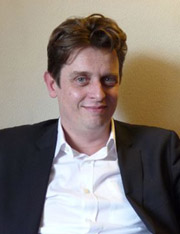
The internet that we once dreamed of is now under threat. This free and open platform, a common good for all humanity, fostering open access to information, education and culture for everyone, and enabling permissionless innovation is today having to contend with a host of dangers: - the proliferation of cyber threats, disinformation and interference in democratic processes, the internet being used to commit crimes or abet terrorism, all of which are now a serious menace and triggering a new kind of arms race;
- the virtual monopolies enjoyed by certain companies, against which the usual regulatory tools appear ill-suited and hard to enforce, and the impact of business models built around grabbing and keeping users’ attention;
- the swift rise of certain new areas of research, such as artificial intelligence, which require collective thinking about the ethics and social values that must guide these developments.
To tackle these dangers, France has embarked on a deeply committed diplomatic mission to promote openness, net neutrality, a safe and stable cyberspace, the protection of fundamental rights, including privacy, and safeguard democracy.
But a commitment from the State alone is not enough to achieve these goals. It requires a commitment from everyone: businesses, civil society, research. The battle is far from over, and things are heating up…
Henri Verdier, France’s Ambassador for Digital Affairs
|
 |
Regulation in action
e-commerce: greater transparency for parcel deliveries
Arcep has been given increased responsibilities over parcel regulation. Parcel delivery operators established in France, who have a staff of 50 or more, are now required to provide Arcep with information on their identification, their products and prices. This could apply to companies such as La Poste, UPS, Chronopost, as well as Amazon and Cdiscount.
This comes as a result of the European regulation on cross-border parcel delivery that was adopted last April. Its main objective: to supply users, both consumers and businesses alike, with greater transparency, and so enable them to better identify the operators that provide parcel delivery services, the products that are available to them and their prices. And in so doing, foster the development of e-commerce in Europe.
The pricing data that Arcep will collect up to 31 January through an online platform will be forwarded to the European Commission, which will then publish them on a dedicated website in late March. In the next stage of the process, operators will be required to provide Arcep with information on their parcel delivery market operations.
Find out more
|
Tomorrow by the numbers
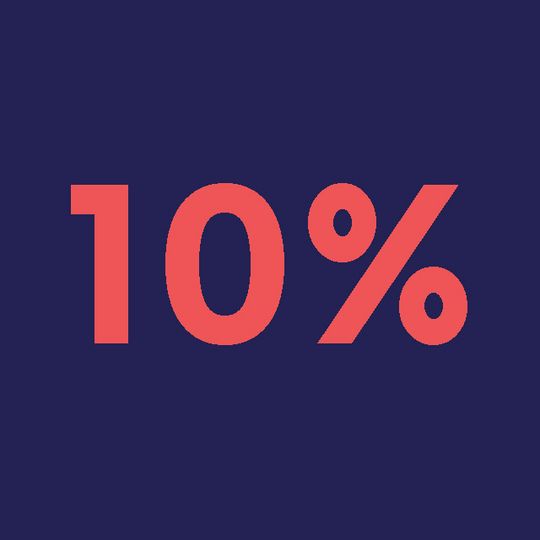
10% automotive equipment supplier Faurecia estimates that autonomous cars will represent at least 10% of the market in 2025. And 30 million driverless vehicles are expected to be on the road by 2040, according to the firm, IHS Markit. The development of connected cars is one of the topics addressed in Arcep’s cycle of inquiry into “Networks of the future“. (Excerpt from the article “At CES: automakers battle over the car of the future,” in Le Monde on 9 January 2019)
|
On our radar
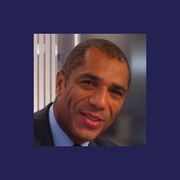
|
Emmanuel Gabla, appointed to the Arcep Executive Board
|
Emmanuel Gabla was appointed to the Arcep Executive Board on 31 January by the President of the Senate, Gérard Larcher.
A former student at the Ecole polytechnique, a graduate of the Ecole nationale supérieure des télécommunications (ENST), and a chief telecommunications engineer, Emmanuel Gabla was a member of Board of French broadcasting authority, CSA, from 2009 to 2015. “His European experience, his time as a member of the board of another independent administrative authority, and the dedication he has shown to regional planning and development will all be valuable assets for Arcep,” said the President of the Senate.
|
News from around the world
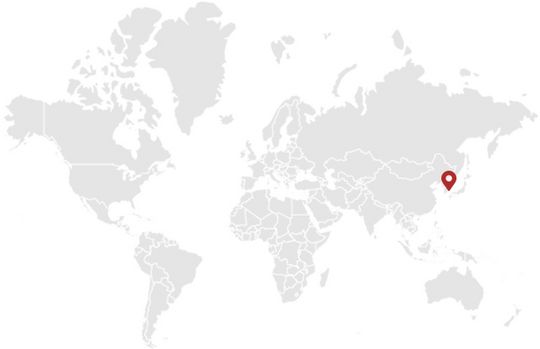
5G in South Korea and Japan: Arcep travels far afield
An Arcep team led by Serge Abiteboul and Cécile Dubarry, Executive Board member and the Authority’s Director-General, respectively, travelled to South Korea and Japan in late January.
There were two reasons for this trip: to learn more about national 5G rollout strategies, and to take stock of current and past 5G trials in that part of the world. South Korea’s Ministry of Science and ICT (MSIT) and the “5G Forum” public-private partnership defined a 5G mobile strategy back in January 2014. It was designed as a seven-year strategy with a joint (government – private sector) investment programme of 1.5 billion dollars for research and development, standardisation and 5G infrastructure.
In mid-June 2018, the country held an auction for 5G frequencies in the 3.5 GHz and 28 bands, with allocations going to three operators: SK Telecom, LG Uplus and KT. All three will be launching their 5G services on “Korea 5G Day” which is scheduled for March of this year.
In South Korea, the Arcep delegation met with teams from the country’s telecoms regulator and from the MSIT. The team also travelled to Suwon to visit the Samsung digital city, a campus that serves as a full-scale trial space for the South Korean manufacturer to test new 5G applications and their impact on people’s daily lives. The Japanese government has made 5G rollouts a top priority, as part of a bid to lead the world in innovation. The 2020 Olympic Games in Tokyo will act as a technological showcase. In its capacity of Ministry of Communications and national regulator, MIC is the main shepherd of 5G deployment in Japan. And the one that will be awarding operators licences in late March 2019.
The Arcep delegation met with the Ministry’s teams. It also took part in the 5G Symposium that provided an opportunity to meet the country’s four mobile operators (NTT DoCoMo, KDDI, Softbank and Rakuten) and with manufacturers involved in 5G pilot projects.
|
|

Arcep likes
New Digital Regulation Convention (EGN)
The various competent bodies, of which Arcep is one, have been doing a tremendous amount of work on digital technology regulation since last summer, under the leadership of Mounir Mahjoubi, France’s Secretary of State for Digital Affairs. Challenge number one: setting operating rules that are clear enough to help steer the market, and flexible enough to adapt to innovation. A summary of this work was posted online a few weeks ago.
Now onto phase two! Based on the proposals made by the different administrations, CNNum is launching a period of consultation and in-depth inquiry not only with citizens but also with economic stakeholders, unions, associations and academia.
You have until 22 February to let us know what you think!
Take part in the #EGNum consultation
|
 |
Field notes
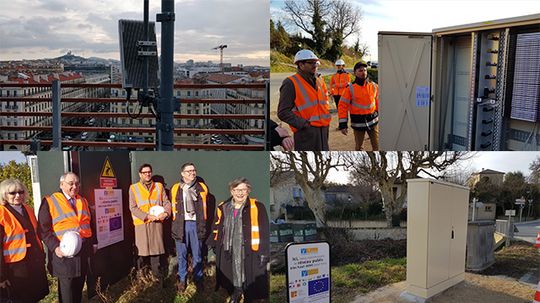
Arcep teams travel to Provence-Alpes-Côte d’Azur: fibre rollouts, universal fixed telephone service and 5G!
Arcep Chair, Sébastien Soriano, travelled with several Arcep staff members to the Provence-Alpes-Côte d’Azur region on 17 and 18 January.
Their itinerary included: - A meeting with elected representatives of the Sud THD joint association
The meeting focused on the call for local expressions of interest (EOI), issued by the Sud THD joint association last spring and pertaining to the Alpes-de-Haute-Provence, Hautes-Alpes and Bouches-du-Rhône regions. SFR was the operator that local authorities chose to deploy 300,000 FttH lines before the end of 2022. This provided Sébastien Soriano an opportunity to reiterate Arcep’s role in the process: to analyse and provide an opinion on the operator’s proposed commitments (in response to a referral from the Government) then, if the Minister accepts them, to monitor operators’ compliance with its commitments (and impose penalties should it fail to do so). Arcep will be creating a dedicated indicator in its quarterly broadband and superfast broadband scoreboard to monitor the progress of future local EOI.
The elected representatives took advantage of the meeting to alert Arcep to the poor quality of the universal fixed telephone service which is affecting rural and mountainous areas. Sébastien Soriano underscored Arcep’s determination to ensure that the provider of the universal service, Orange, fully meet its obligations in this area. - Field visit with Vaucluse Numérique
The Vaucluse Numérique public initiative network designs, builds and operates the network that connects households and businesses from 105 municipalities in the Vaucluse department to optical fibre. More than 106,000 FttH access lines (i.e. 100% of the area to be covered by “public initiative” solutions) will thus be installed by 2021. The teams were able to track the deployment of optical fibre, step by step, in three municipalities in the southern Luberon, alongside the President of the Vaucluse, the deputy Prefect of Apt, and local elected officials, all galvanised by the advent of optical fibre, which is synonymous with economic attractiveness and competitiveness for the region. - Presentation of a 5G trial in Marseille
The trip also focused on future networks. Teams from Orange and Nokia presented the 5G trial they are currently conducting in Marseille: data transmission over a 5G network under real-life conditions, with very fast upstream and downstream datarates in the 3700 – 3800 MHz band. There are seven 5G cell sites dotted around the city centre today, with additional ones due to be installed before the end of the year.
|
Well said
|

|
« The reach of the top big tech companies’ power is unprecedented in human history: it makes these companies economically dangerous and a threat to democracy. We must regulate them the same way we have done with other monopolies in the past: be it oil, railway or telecoms. »
Barry Lynn, essayist and director of the Open Market Institute think tank (in Le Figaro)
|
Meanwhile, in Brussels...
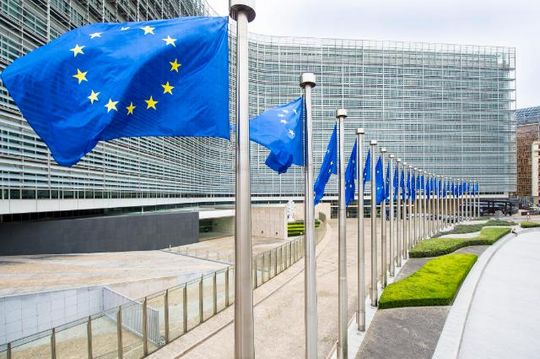
Open Internet and implementation of the new European Electronic Communications Code: 2019 will be an exciting year for BEREC
The latest plenary meeting of the Body of European Regulators for Electronic Communications (BEREC) in 2018 marked the completion of several major undertakings, including the adoption of a common position on informing consumers on mobile coverage, and the publication for consultation of a report on infrastructure sharing.
This meeting also kicked off several major projects for 2019. - Implementing the new European Electronic Communications Code, which was published last December;
- Performing a review of net neutrality guidelines;
- As well as delivering a preliminary analysis of the potential impact that the advent of 5G will have on regulation.
This ambitious work programme, to be spread out over two years, will be headed up by BEREC’s new Irish Chair in 2019, Jeremy Godfrey, followed by his Swedish counterpart, Dan Sjoblom, in 2020.
Further details on BEREC’s work programme for 2019
|
 |
Arcep, telling it like it is
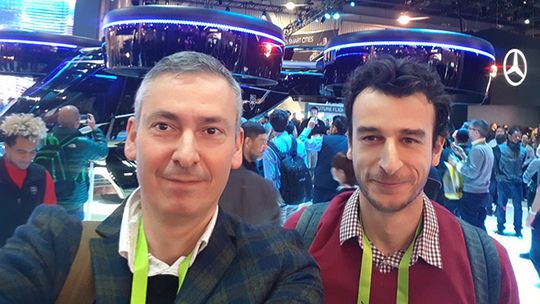
Arcep visits CES in Las Vegas
The Consumer Electronic Show (CES) is one of the largest annual trade shows devoted to new technologies. We were among the more than 182,000 people to wander its aisles over the five days, where some 4,000 companies were showcasing their latest innovations.
Our goal: to meet with companies and start-ups with insight into the future of communications, to be able to anticipate future network requirements.
We discovered two rather different universes during this first ever visit to CES.
First was the Convention Center, which housed the beta versions of high tech products due to be launched in the coming months by the industry’s titans. Among other things, we witnessed two vertical integration races that are currently playing out: the first between Google and Amazon who are working to impose their ecosystems by making their voice assistants compatible with as many products as possible. And the second with Qualcomm which is integrating its chips into a slew of products via different partnerships (notably 5G-related).
The other universe was Eureka Park which provided a venue for start-ups come to test out their novel concepts. It is a much more dialogue-friendly location, and we were able to chat with a host of start-ups about the connectivity they will need for their products to make it into the European market… and carry them over to the Convention Center in the next couple of years (we’ve posted a list of some our favourite start-ups on Facebook).
If we had to sum up CES 2019 in just five points: - An impressive drive from the world’s biggest chipset manufacturer, which is forging itself a solid foothold in mmWave band 5G, edge computing and communications for cars;
- Massive Chinese presence in all areas;
- Confirmation of South Korean manufacturers’ power in audiovisual media and smartphones;
- Autonomous vehicles being used for demonstrations by a host of players;
- The compulsive urge to insert electronics everywhere, even in places where it doesn’t really make sense.
Hacène Lahreche, Head of Arcep’s “Spectrum, technologies and innovation” Unit and Vincent Toubiana, Policy Officer for the “Economic analysis and digital intelligence” Unit.
|
Mark your calendar
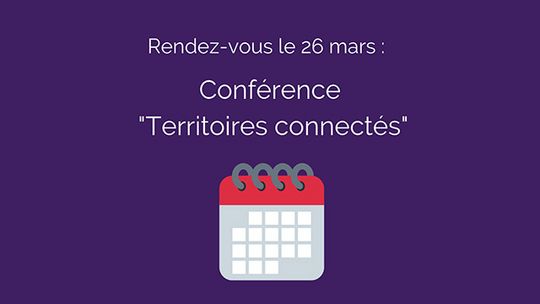
26 March in Paris - Arcep’s “Smart Territories” conference
Book your morning! This year’s edition of the annual “Smart Territories” conference will be in March, at the François Mitterrand Library’s Grand Auditorium.
On the programme: roundtables and discussions on regional fixed and mobile connectivity. The conference will also be an opportunity to get an early peak at the 2019 edition of Arcep’s “Smart Territories” report.
A detailed programme of the conference will be available soon.
Area dedicated to local authorities on our website
|
 |
|
More events...
6 and 7 February in Bordeaux - Société informatique de France convention
The Information Society of France/La Société informatique de France is holding its annual convention on 6 and 7 February. Teachers, researchers, students, engineers… will discuss the key issues surrounding computing and its development over two days. This year’s convention will focus on the topic of data.
Arcep Executive Board member, Serge Abiteboul, will be taking part.
Find out more
25 to 28 February in Barcelona - Mobile World Congress
The Mobile World Congress, THE mobile industry’s annual event, will be taking place from 25 to 28 February 2019 in Barcelona. Hosted every year by GSMA, everyone from the sector flocks to this international event. On the programme: conferences, workshops, new product launches and presentations of the innovations that will become the mobile equipment of the future. 5G will no doubt occupy centre stage in 2019! Sébastien Soriano and Arcep’s teams will be there.
Find out more
|
|
|